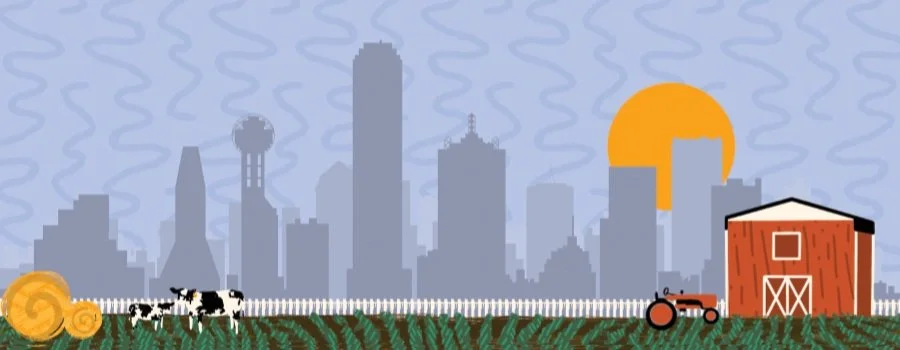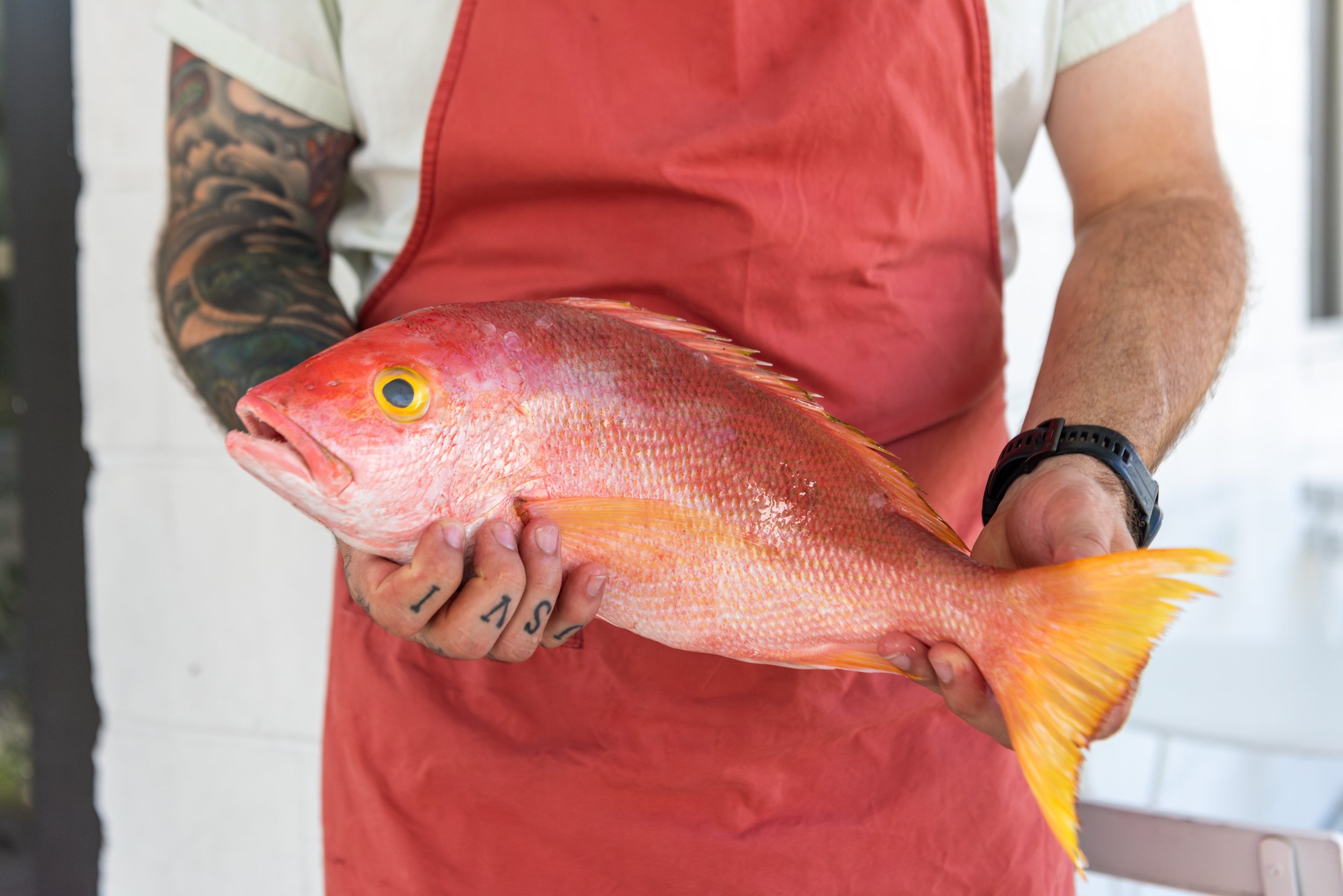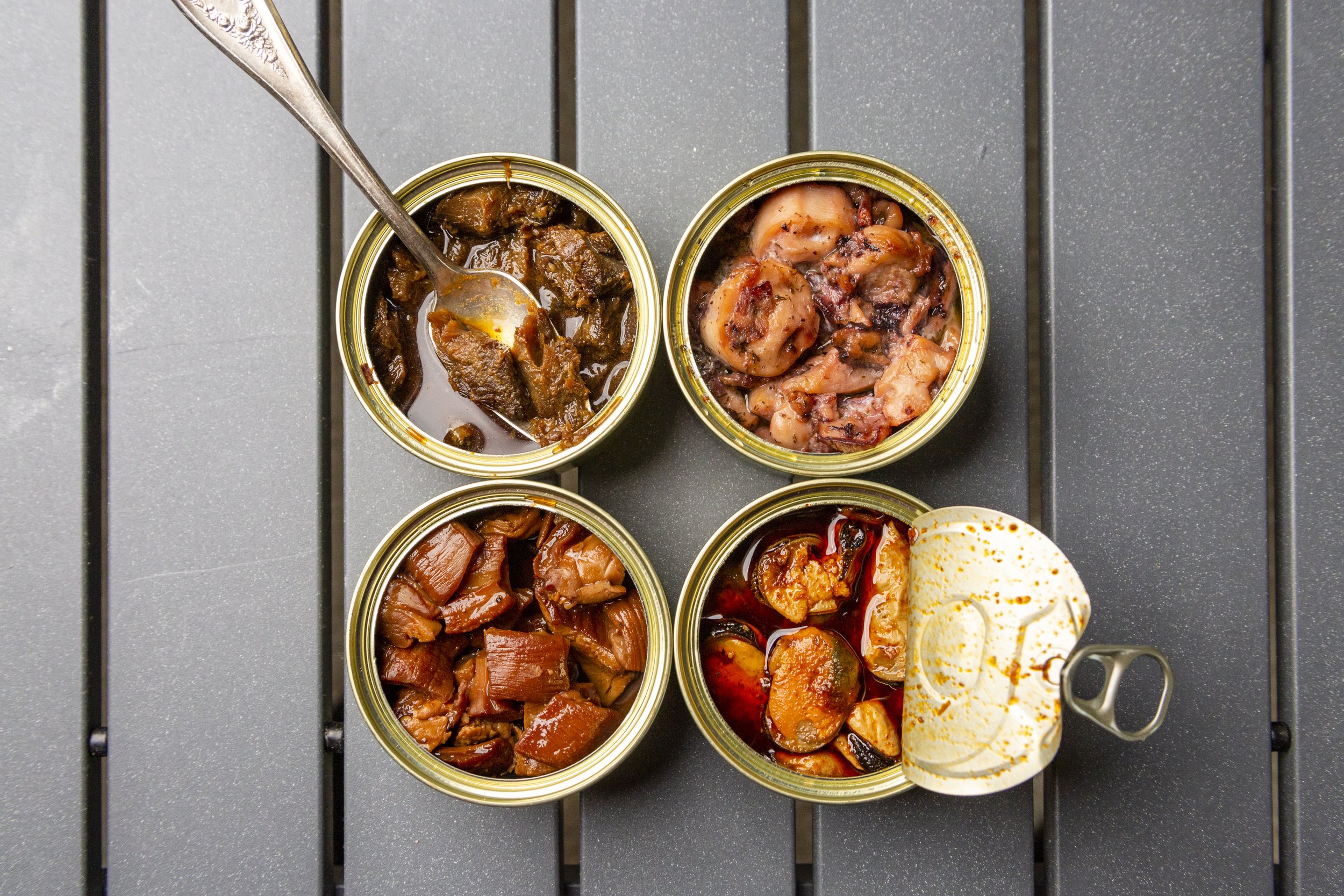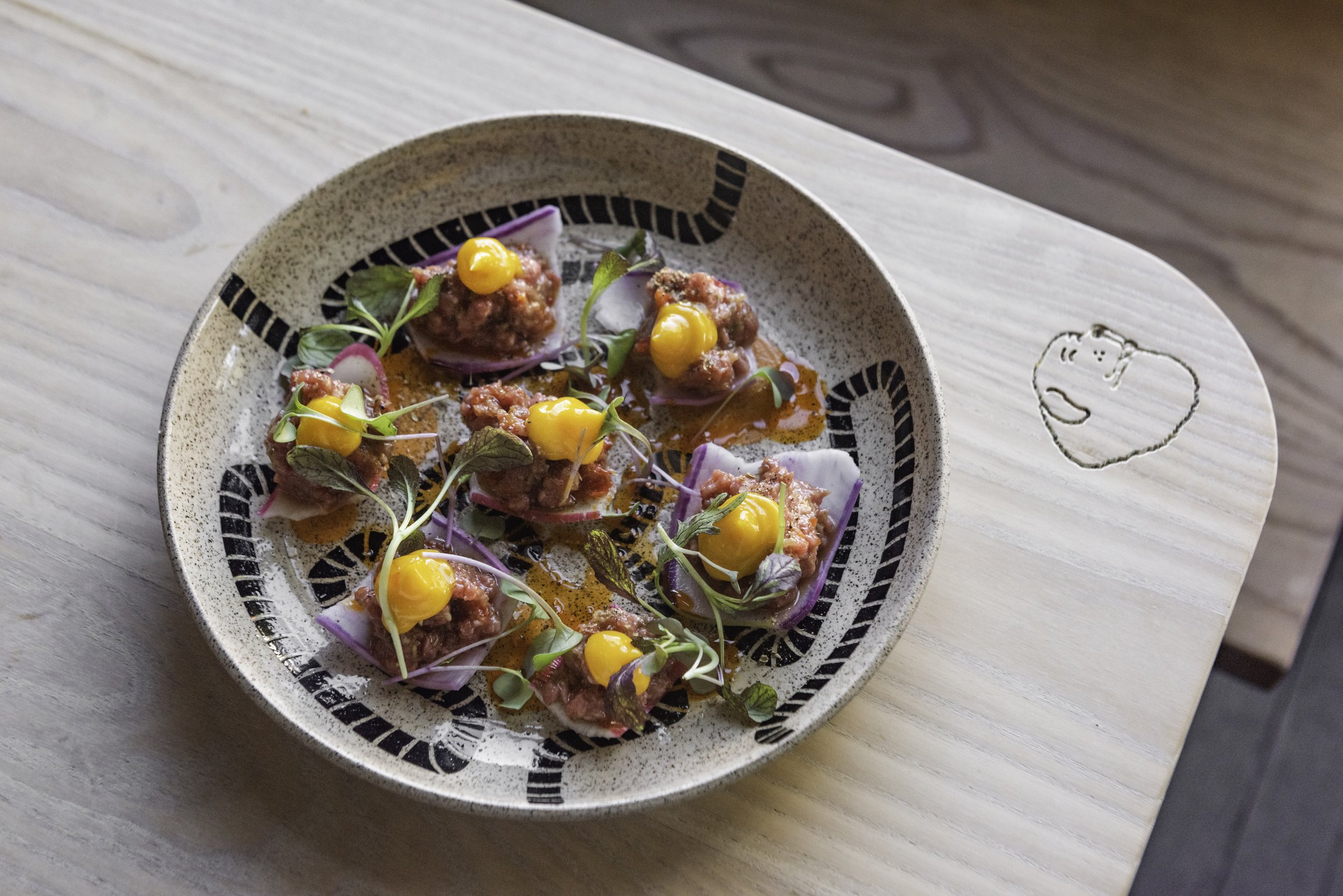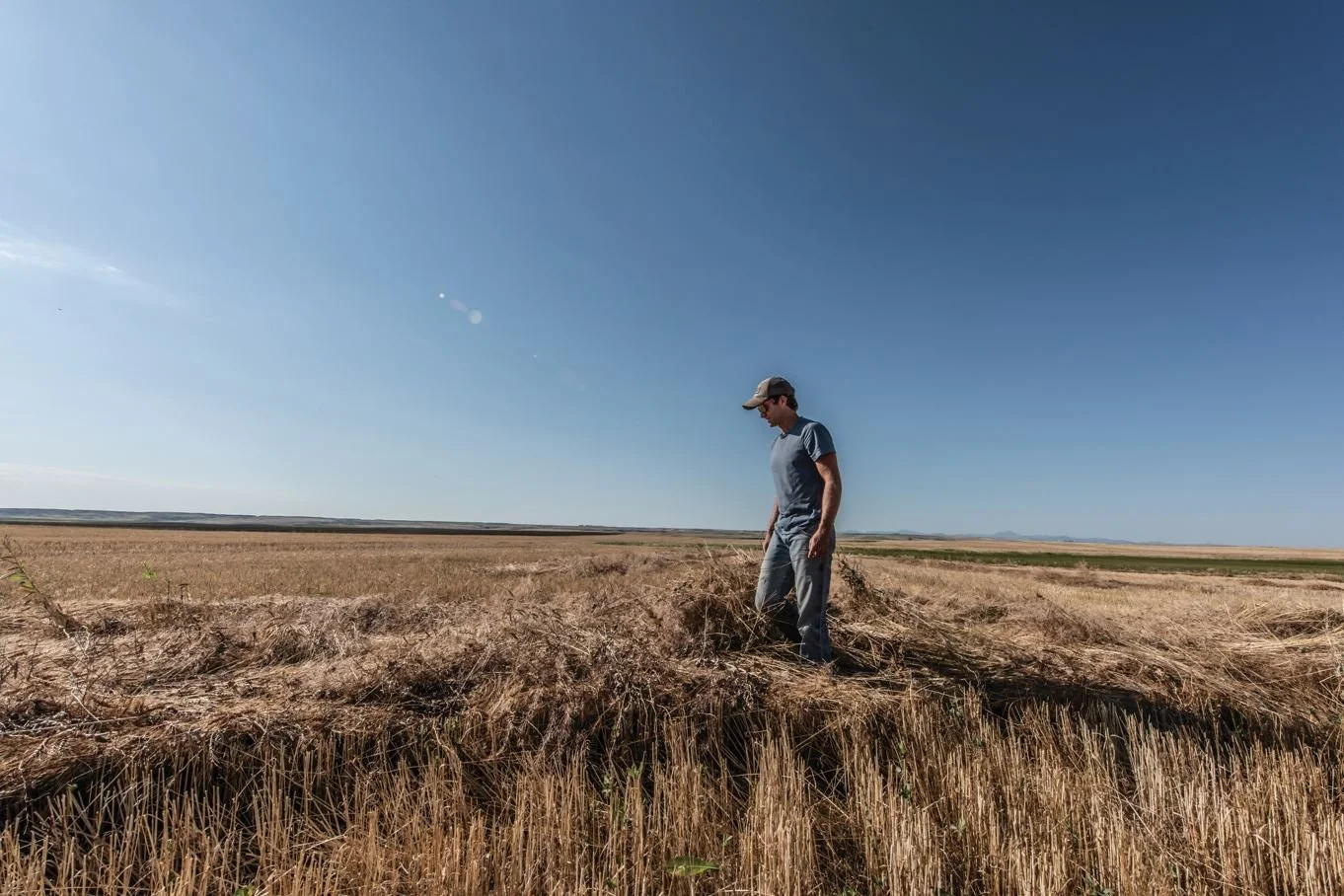Cultivating the Metroplex
With plentiful land, Dallas-Fort Worth chefs and restaurant owners sow their own gardens.
illustration: bashel lubarsky
Andrea Shackelford was the chef of a neighborhood Italian restaurant when she and the owner decided to open a new place—a place where she’d cook using produce they’d grow themselves. The one catch: Shackelford had to learn how to pull it off.
Having just a backyard vegetable garden on her farming résumé, she enrolled in a 12-week master gardener program. In 2015, she and Restaurateur Rick Wells sowed a half-acre farm in Lucas to supply her new restaurant, Harvest Seasonal Kitchen in McKinney. Now at the height of the summer, about ten percent of the restaurant’s produce grows on the farm.
Even after spending six years working the soil, Shackelford says most everyone who works for her knows more about farming. “I’m definitely the least farmy person who works here,” she says with a laugh.
Chef Andrea Shackelford or Harvest Seasonal Kitchen |. Photos: Will blunt
There’s a reason her staff knows so much about working the soil. A remarkable amount of Dallas-Fort Worth restaurants have farms of their own. But that’s not as easy of a lift in most metropolitan cities, where suburbs have gobbled up farmable land. In DFW, open tracts on the outskirts of the metro allow restaurants to set up beds of produce that will become that night’s special.
It’s not that farming will necessarily save a restaurant money, considering it’s often cheaper to simply buy produce from suppliers. It’s about buying into an ideal and the benefits they get from telling that story to customers. This past year, Shackelford says the farm has cost the restaurant $53,916. Her harvest will return $12,156 in savings, with about half of that from the flowers she grows to adorn tables. Taking $27,000 of labor into account, the cost of the farm after savings amounts to $68,760. But for Shackelford, the added value of serving ingredients directly from Harvest’s farm is worth the cost.
Many say this trend began thanks to Homewood Chef-Owner Matt McCallister, who learned to garden from his mother—her backyard garden full of asparagus, peaches, plums, citrus, and olives that they’d cure themselves. He’s had gardens attached to his Dallas restaurants since 2012, when he first opened FT33. Over the years, McCallister taught line cooks how to grow plants and produce, and when they graduated to their own restaurants, they put in planter beds of their own.
Chef Ellen Leng of Texas Forest Farm
Farms run by restaurants can now be found in the corners of the metro. Ellen and David Leng have a farm in Leonard, Texas where they raise chickens, ducks, goats, pigs, and sheep. Repurposed school buses serve as a chicken hatchery and a classroom where kids learn about farming on what’s now 60 acres. In October, they converted their former dim sum restaurant in Plano into Farm Fresh Cafe, an American diner with some Asian touches, like pork bao buns. Their goal is to only serve products they grow or raise themselves—much of the produce and all of the eggs, sausage, bacon, and beef come from their farm. While many farm-to-table restaurants are on the pricier side, the Lengs keep everything on their menu under $20. “We want our people to eat healthy and live well,” she says. “We also want our people to eat well at an affordable price.”
Chefs Olivia Lopez and Jonathan Percival, owners of Molino Oloyo, now have their own farm, something Lopez never would have considered prior to her experience working at CBD Provisions. “I was just a line cook and they would ask who wants to volunteer and go to a farm, and I would always raise my hand,” she says. In April 2021, Lopez and Percival began growing produce and keeping chickens on a half acre of land near the University of North Texas at Dallas. They now distribute heirloom corn tortillas to local restaurants and direct to consumers. “This isn’t just farm to table,” Percival says. “It’s homestead to table.” In Mexico, Lopez says, the idea of selling food right next to where it was farmed is as old as the hills. But chef-run farms in a major U.S. city, that’s certainly novel.
Chefs Olivia Lopez and Jonathan Percival of Molino Oloyo

